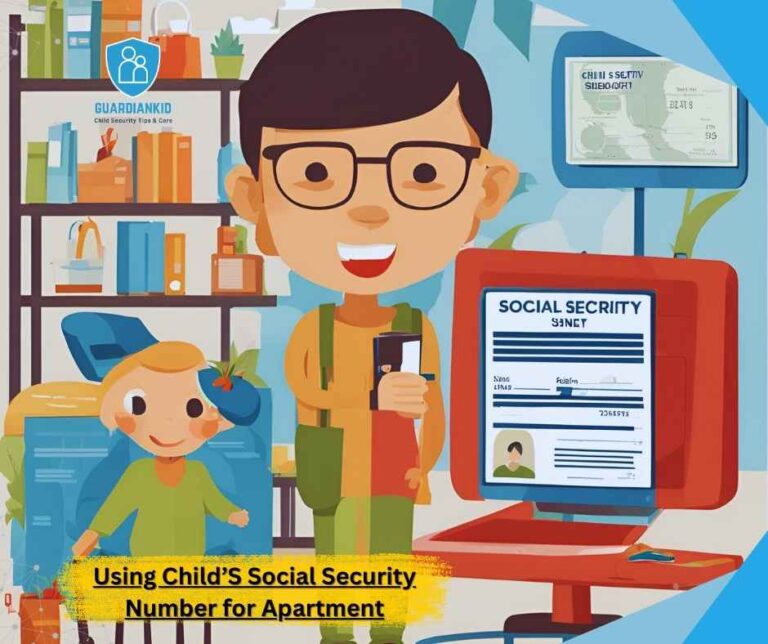How to Protect Your Child from Child Predators: Essential Tips
Protecting your child from predators involves proactive steps like educating them about personal boundaries, maintaining open communication, and monitoring their online and offline interactions. Be aware of the people in your child’s life, set clear safety rules, and trust your instincts if something feels wrong. Promptly report any suspicious behavior to protect your child and others
As parents, keeping our children safe is our top priority. One significant threat is child predators. This article provides comprehensive steps to protect your child from such dangers.
Understanding Child Predators
Open Communication is Key
Talk to your child regularly. Make sure they feel comfortable sharing their feelings and experiences with you.
How To Start The Conversation
- Use simple language they understand.
- Discuss scenarios they might encounter.
- Reassure them that they can talk to you about anything.
Teach Your Child About Boundaries
Help your child understand personal boundaries. They should know it’s okay to say no if they feel uncomfortable.
Important Points To Cover
- No one should touch them in private areas.
- It’s okay to refuse hugs or kisses.
- They should tell you if someone makes them feel uneasy.
Monitor Online Activities
The internet can be a dangerous place for children. Predators often use it to target kids. Here are ways to safeguard their online presence.
Set Up Parental Controls
Use parental control settings on devices and apps. This helps monitor and restrict what your child can access online.
Educate Your Child About Online Safety
- Never share personal information online.
- Don’t accept friend requests from strangers.
- Report any suspicious behavior to you.
Know the Warning Signs
Be aware of changes in your child’s behavior. This could indicate they are being targeted by a predator.
Behavioral Changes To Watch For
- Sudden withdrawal from friends and family.
- Changes in mood or behavior.
- Unexplained gifts or money.
Teach Safety Skills
Equip your child with essential safety skills. This will help them handle risky situations confidently.
Important Safety Skills
- Memorize important phone numbers.
- Know how to dial emergency services.
- Practice what to do if they are lost.
Be Involved in Their Lives
Stay involved in your child’s daily activities. Know who their friends are and where they spend their time.
Practical Tips
- Attend school events and activities.
- Meet their friends and their parents.
- Encourage open discussions about their day.
Recognize and Report Suspicious Activity
If you suspect someone is a threat to your child, take action immediately. Report any suspicious behavior to authorities.
Steps To Take
- Document any concerning behavior.
- Contact local law enforcement.
- Inform your child’s school or daycare.
Protecting your child from predators requires vigilance and proactive measures. By communicating openly, setting boundaries, monitoring online activities, and staying involved, you can help keep your child safe. Remember, your involvement and awareness are crucial in safeguarding your child’s well-being.



